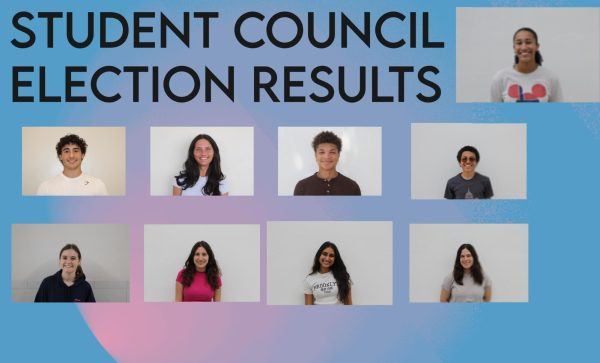Taking a Step Back: A Book Ban Wave
February 14, 2022
Over the course of the 2021-2022 school year, politicians and parents alike have decided to begin a crusade of book banning. New legislation is pending that, if passed, will officially prohibit certain books from being read in schools. The books in question range from a variety of what many complaintative parents may consider “sensitive” or “touchy” subjects, which might make their children uncomfortable — such as the Holocaust, the LGBTQ+ community or slavery. This is not the first time the U.S. has seen a wave of attempts to erase history. Though others may argue that the teaching and discussion of these books in a classroom is overall disadvantageous, the more books that are banned, the more that ignorance will arise within new generations.
People use books to share their own stories freely and teach others of their own background and history to the rest of the world. Books allow people to read about the past or present and work to prevent the harmful behaviors that may have impacted the author or a group of people. In classrooms, teachers select books that often share these stories, in order to educate their students about the issues prevalent in society so as to not repeat them and instead help bring about change. The banning of these educational books facilitates an environment in which younger generations believe that acts of racism, homophobia, antisemitism and prejudice as a whole are acceptable behaviors because they are not being taught about the repercussions of these acts on a personal scale and their impact on the community they are directed toward.
In states like Texas, Oklahoma and Mississippi, books such as “Maus” by Art Speigelman — a book about the Holocaust, “The Handmaid’s Tale” by Margaret Atwood which mentions sexual assault and “To Kill a Mockingbird” by Harper Lee which addresses racism and prejudice, have been banned. For America, this is a major step back. Choosing to eradicate these topics from curriculums only perpetuates the notion that this behavior can be tolerated. This also stigmatizes conversations about these topics, making the situation of marginalized groups in America worse than it already is, instead of working towards making positive changes.
Over time, stories that were socially rejected grew to be openly read; however, with this current wave of bannings on knowledge and literature, must now be pushed back into the shadows. The country needs to stop taking steps backward like this in the pursuit of progress, or else history may repeat itself.












